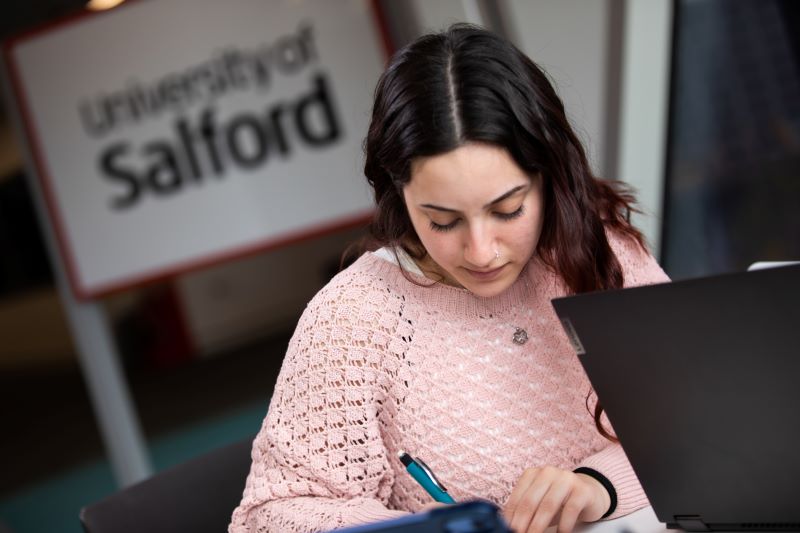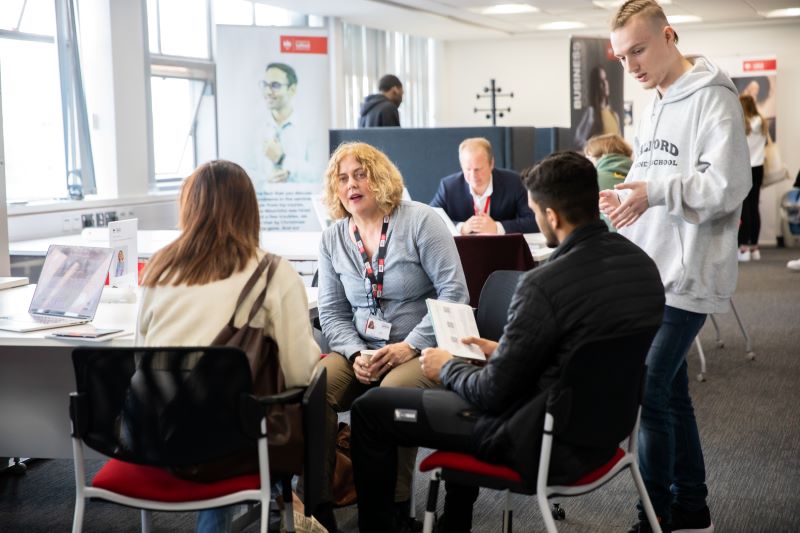Turning up to your lectures and seminars isn’t where your learning stops. To ace your assignments you need to be setting aside some study time. But how do you ensure you’re studying effectively? Read our top tips below.
1. Explore the Library’s study skills resources
First, it can be good to reflect on the skills you have and where you need or want to develop. If you’re looking to enhance your academic writing and critical thinking skills, then look no further than the Library’s Skills website. With self-help guides, videos and workshops across different sorts of skills, you’ll find something to help you skill up and improve your grades.
2. Create a study plan
Pulling all-nighters and cramming last minute can feel like a natural part of the university experience, but it doesn’t have to be. If you create a study plan, especially at the start of the trimester, you can avoid last-minute stress and even make study periods shorter.
Your study plan needs to be tailored to you, your course and any additional responsibilities. However, you can use general tips and advice to create the right plan. There’s lots of advice online about how to create a study plan, but here’s our top tips:
- Make a note of your assignments for the trimester and work out what you’ll need to work on before the deadline. You can then divide these tasks into study sessions each week
- Look at where you can dedicate time to studying. Perhaps you can utilise your time on campus and after a lecture or seminar head to one of the student spaces
- Ensure you’re adding time for breaks, rest and social activities – these are just as important!

3. Find your happy place
Besides your lecture theatres and seminar rooms, it’s crucial to find the right study environment for you. The ideal study space differs for everyone, meaning that there is no right or wrong place. Whether you prefer your bedroom desk, a quiet coffee shop or the library, there are a few aspects that all great study spaces embody. Be sure your happy space is tidy, has a strong wifi connection (if you need to access the internet), spare sockets, comfy chairs, lots of natural light and plenty of refreshments. You can find lots of study spaces both on and near campus. Find your next study spot on our Student Spaces blog.
4. Access your support services
Now that you’ve found your happy place and can structure your study periods, it’s time to figure out which of our support services can help you achieve your academic potential.
- The Library can help you with referencing, further reading and digital skills for learning.
- If you have a disability or condition that affects your learning, contact our Disability Inclusion Service to see what advice and support they can provide.
- If you’re planning for the future or looking for a part-time job alongside your studies, the Careers team can assist you with job applications, CV tips, course funding and mock interviews.
- Find more services on our Reel!
Also, be on the lookout for events and workshops to aid your development. We share the latest activities on Facebook, X and Instagram, as well as on the Student Hub.

5. Look after yourself
Our final tip is perhaps the most important one to remember – look after yourself. To study effectively and perform well, you need good energy and concentration levels. You can achieve this by ensuring you eat healthy, high-energy foods and drink plenty of water. Physical exercise is also a great way to increase focus; even small, consistent amounts works wonders for your body and mind. This doesn’t mean that you can’t reward yourself with a sweet treat every now and again, but try to avoid overloading on sugar so you can stay on track and remain focused. These simple health tips not only improve your physical health but also your mental wellbeing, ensuring that you’re rested, happy and ready when it comes to studying.
If you need some additional support please reach out to our Wellbeing and Counselling team. They are here to help you succeed by providing advice on how to manage your wellbeing and tips to look out for yourself and your peers.